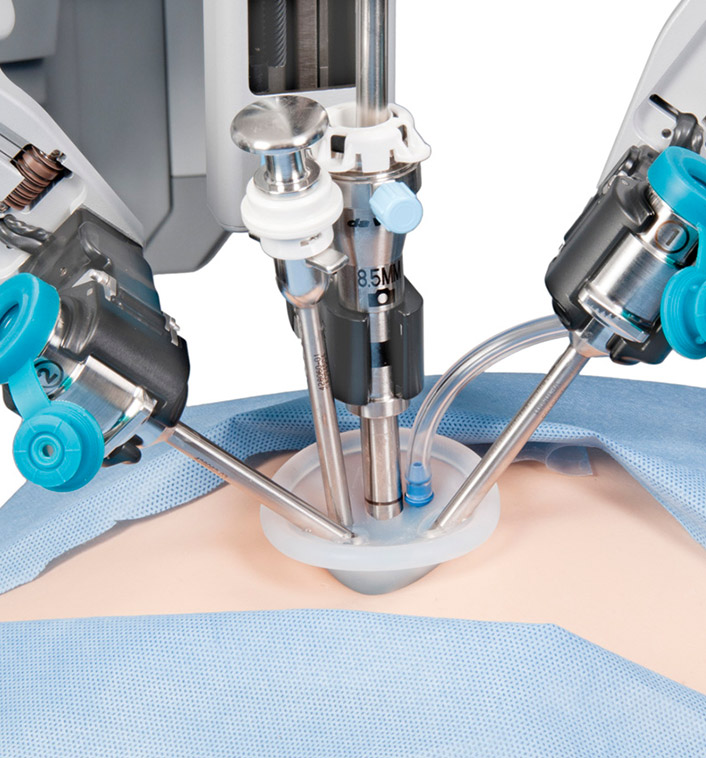Advanced Complex Gynecology Conditions
We treat advanced endometriosis, enlarged fibroid uterus, pelvic pain and other complex gynecologic conditions requiring surgery.
Learn MoreWe treat advanced endometriosis, enlarged fibroid uterus, pelvic pain and other complex gynecologic conditions requiring surgery.
Learn MoreDr. Gorelick is one of the busiest minimally invasive and robotic surgeons in the Greater NY area, falling into 5-10 percentile based on volume.
Learn MoreExtensive experience backed by years of specialized training, combined with the latest innovations are the reasons why women under our care achieve superior outcomes.
Learn MoreInstructions pertaining to initial visit, preparation for surgery and answers to frequently asked questions.
Learn MoreInstructions regarding care after surgery, follow up and recovery.
Learn MoreMinimizing tissue trauma, disruption of function and optimizing our body's healing mechanisms.
Learn MoreSummary of what robotic surgery is and isn't and advantages it offers over conventional surgery in properly selected candidates.
Learn MoreDr. Gorelick's surgical outcomes compared to published international data.
Learn MorePATIENT TESTIMONIALS“MY EXPERIENCE WITH DR. GORELICK AND HIS TALENTED TEAM OF EXPERTS WAS OUTSTANDING! COULDN'T BE MORE THANKFUL FOR THE CARE, COMPASSION AND EXCELLENT SURGICAL RESULT.”
L.J.

Researchers have discovered a new genetic test which could help predict cancer recurrence – paving the way for more precise, personalized treatments.
READ MORE
A substantially higher number of nonelderly patients with newly diagnosed cancer had insurance after implementation of the Affordable Care Act, according to the results of a new study.
READ MORE
We’ve come a long way in treating ovarian cancer. This treatment has historically consisted of debulking surgery for nearly every patient, but it is evolving to become more informed and precise.
READ MORE
In a bid to detect cancers early and in a noninvasive way, scientists report they have developed a test that spots tiny amounts of cancer-specific DNA in blood.
READ MORE